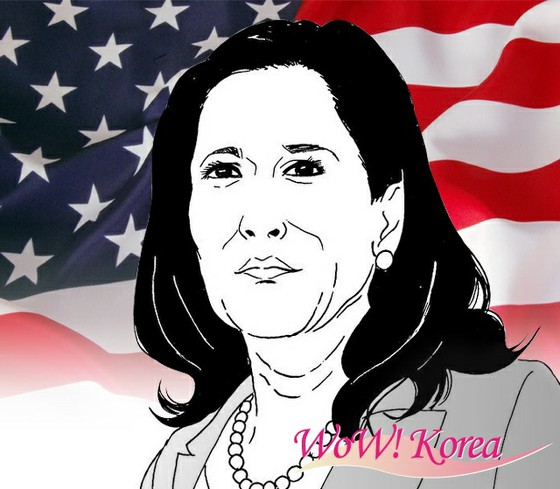 |
Harris, who was in Japan to attend the state funeral of former Prime Minister Shinzo Abe, arrived in South Korea on the 29th. It will be the first visit by a US Vice President to South Korea since February 2018, when the Pyeongchang Olympics were held.
After arriving, she had a meeting with President Yoon. "The ROK-US alliance is expanding beyond the Korean Peninsula into a global alliance, expanding from a military alliance to an economic and technological alliance," Yoon said, adding, "There is strong support to protect the freedom, security and prosperity of the people." We will continue to develop the ROK-US alliance," he said. In response, Harris said, "For the past 70 years, the ROK-US alliance has been the core axis of security and prosperity on the Korean Peninsula, the Indo-Pacific, and the world." and “The purpose of my visit to South Korea is to strengthen the strength of both countries and consolidate our joint efforts."
During the talks, the US's "inflation control law," which is expected to be disadvantageous to South Korean electric vehicles (EVs), was also discussed. "I hope the two banks will work closely together to reach an agreement that satisfies both sides in the spirit of the Korea-US Free Trade Agreement," Yoon said. In response, Harris said that U.S. President Biden is also aware of South Korea's concerns, saying, "In the process of enforcing the law, we will seek solutions so that measures to resolve South Korea's concerns will be formulated."
The law, which was enacted in August this year in the United States, secures financial resources by increasing taxes on large corporations and the wealthy, reduces the fiscal deficit, and implements climate change countermeasures such as the purchase of EVs and the introduction of clean energy, as well as measures to reduce the burden of medical expenses. It is to invest 100 million dollars (about 59 trillion yen). The U.S. government has set a goal of subsidizing up to $7,500 (approximately ¥1.03 million) per EV and making half of new car sales in the U.S. electric by 2030.
Only EVs that are finally assembled in North America are eligible for EV subsidies under the law. Batteries installed in EVs must also contain a certain percentage of important minerals such as lithium procured from North America or countries that have signed free trade agreements (FTAs) with the United States.
South Korean automakers Hyundai Motor and Kia Motors both produce EVs in South Korea, so they are not eligible for the subsidy. South Korea has expressed concerns about this law, as it is expected to be more expensive than other subsidized EVs of the same class from other automakers, and it is expected to be disadvantageous in terms of sales. Hyundai Motor's flagship EV "Ionic 5" is growing in sales in the United States, but it is forced to take measures because it is excluded from the subsidy target under the law. The company is considering bringing up the construction of a new EV production plant in Georgia, USA, which was scheduled to start in the first half of 2025, to October 2024. If it builds an EV in the United States, it will be eligible for subsidies under the law, and it hopes to accelerate the construction of new plants to take advantage of the benefits as soon as possible, minimizing the hit to sales.
However, the South Korean parts manufacturers that supply parts to the company will also have to respond to this front-loaded plan, so the impact of the law on related industries in South Korea is not small. In South Korea, there are voices saying, "We were caught off guard by the United States," and there is an opinion that we should file a complaint with the World Trade Organization (WTO).
South Korea agreed this month to set up a council with the US to resolve issues surrounding the law. In addition to the trade sector of the governments of both countries, EV-related organizations are also expected to participate in the council.
Prior to meeting with Yoon, Harris met with South Korean Prime Minister Han Duk-soo in Tokyo on the 27th, who was also visiting Japan to attend the state funeral of former Prime Minister Abe. Han also conveyed South Korean industry's concerns about the law to Harris. In response, Harris promised to work to resolve the issue within the US government, including the Trade Representative and the Treasury Department.
2022/10/03 12:56 KST


